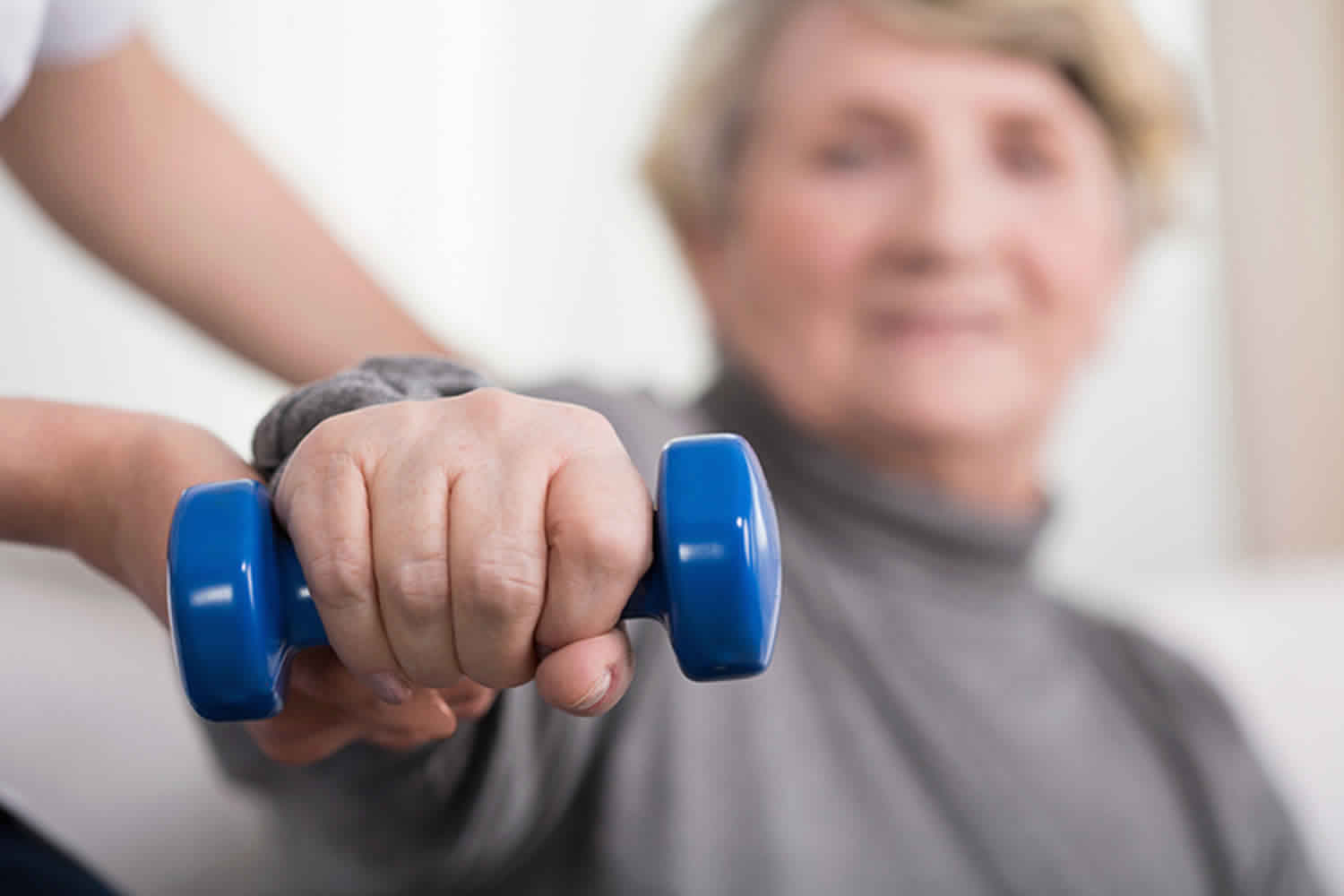
Alien Hand Syndrome sounds like something out of a sci-fi movie, but it's a real medical condition. Imagine your hand moving on its own, doing things you didn't intend. Alien Hand Syndrome occurs when a person loses control over one of their hands, which seems to act independently. This strange phenomenon can be caused by brain surgery, strokes, or infections that affect the brain's hemispheres. People with this condition often feel like their hand has a mind of its own, sometimes even working against their intentions. Curious to learn more? Here are 36 intriguing facts about Alien Hand Syndrome that will leave you amazed.
What is Alien Hand Syndrome?
Alien Hand Syndrome (AHS) is a rare neurological disorder where one hand seems to act on its own, without the person's control. It can be quite unsettling and often leads to confusion and frustration for those affected.
- Alien Hand Syndrome was first identified in 1908 by German neurologist Kurt Goldstein.
- The condition is also known as "Dr. Strangelove Syndrome," named after the character in Stanley Kubrick's film who struggles to control his hand.
- AHS can result from brain surgery, stroke, infection, or other brain injuries.
- It primarily affects the corpus callosum, the part of the brain that connects the two hemispheres.
- People with AHS often describe their hand as having a "mind of its own."
Symptoms of Alien Hand Syndrome
The symptoms of AHS can vary widely, but they generally involve involuntary movements of one hand. These movements can be complex and purposeful, making the condition even more perplexing.
- Individuals may find their hand performing tasks without their intention, such as buttoning a shirt or picking up objects.
- The affected hand might resist the actions of the other hand, leading to a struggle between the two.
- Some people experience a sensation of estrangement from their hand, feeling as though it doesn't belong to them.
- The hand may engage in self-oppositional behavior, such as unbuttoning a shirt that the other hand just buttoned.
- AHS can cause significant distress and interfere with daily activities.
Causes of Alien Hand Syndrome
Understanding the causes of AHS can help in diagnosing and managing the condition. It often results from specific types of brain damage or neurological conditions.
- Damage to the corpus callosum, which connects the brain's two hemispheres, is a common cause.
- Brain surgeries, particularly those involving the separation of the hemispheres, can trigger AHS.
- Strokes that affect the brain's frontal or parietal lobes may lead to the syndrome.
- Neurodegenerative diseases like Alzheimer's can sometimes cause AHS.
- Infections that impact the brain, such as encephalitis, have also been linked to AHS.
Diagnosis and Treatment
Diagnosing AHS can be challenging due to its rarity and the complexity of its symptoms. However, there are ways to manage and treat the condition.
- Diagnosis often involves neurological exams, brain imaging, and patient history.
- There is no cure for AHS, but treatments focus on managing symptoms.
- Occupational therapy can help individuals regain some control over their hand.
- Cognitive-behavioral therapy may assist in coping with the psychological impact of AHS.
- Medications like muscle relaxants or botulinum toxin injections can reduce involuntary movements.
Living with Alien Hand Syndrome
Living with AHS requires adjustments and coping strategies to manage daily life. Support from healthcare professionals and loved ones is crucial.
- Wearing a glove on the affected hand can sometimes reduce involuntary movements.
- Keeping the hand occupied with an object can prevent it from engaging in unwanted actions.
- Some people find it helpful to talk to their hand, giving it commands to stop or stay still.
- Support groups and counseling can provide emotional support and practical advice.
- Educating family and friends about AHS can foster understanding and reduce frustration.
Famous Cases and Cultural References
AHS has captured the public's imagination and has been featured in various media. Some famous cases and cultural references highlight the condition's intriguing nature.
- Dr. Strangelove, the character from the 1964 film, is one of the most well-known fictional representations of AHS.
- The condition was depicted in an episode of the TV show "House," where a patient struggles with an uncontrollable hand.
- AHS was also featured in the movie "Idle Hands," a horror-comedy about a possessed hand.
- Neurologist Oliver Sacks wrote about AHS in his book "The Man Who Mistook His Wife for a Hat."
- AHS has been the subject of various documentaries and medical studies, bringing attention to this rare disorder.
Research and Future Directions
Ongoing research aims to better understand AHS and develop more effective treatments. Advances in neuroscience and technology hold promise for those affected by the condition.
- Researchers are exploring the use of brain-computer interfaces to help control involuntary movements.
- Studies on brain plasticity may lead to new rehabilitation techniques for AHS patients.
- Genetic research could uncover potential hereditary factors contributing to AHS.
- Advances in neuroimaging are providing deeper insights into the brain regions involved in AHS.
- Collaborative efforts between neurologists, psychologists, and other specialists are crucial for advancing AHS research.
- Increased awareness and funding for AHS research can lead to better support and resources for those affected.
The Fascinating World of Alien Hand Syndrome
Alien Hand Syndrome (AHS) remains one of the most intriguing neurological disorders. This rare condition, where a person's hand seems to act on its own, has puzzled scientists and doctors alike. Understanding AHS helps us appreciate the complexity of the human brain and its functions.
People with AHS often experience frustration and confusion, as their hand performs actions without their control. This can lead to challenges in daily life, making it essential for those affected to seek support and treatment. While there's no cure, therapies and strategies can help manage symptoms.
Learning about AHS not only broadens our knowledge of neurological conditions but also fosters empathy for those living with such unique challenges. The human brain's mysteries continue to unfold, and Alien Hand Syndrome serves as a reminder of how much there is still to learn.
Was this page helpful?
Our commitment to delivering trustworthy and engaging content is at the heart of what we do. Each fact on our site is contributed by real users like you, bringing a wealth of diverse insights and information. To ensure the highest standards of accuracy and reliability, our dedicated editors meticulously review each submission. This process guarantees that the facts we share are not only fascinating but also credible. Trust in our commitment to quality and authenticity as you explore and learn with us.


